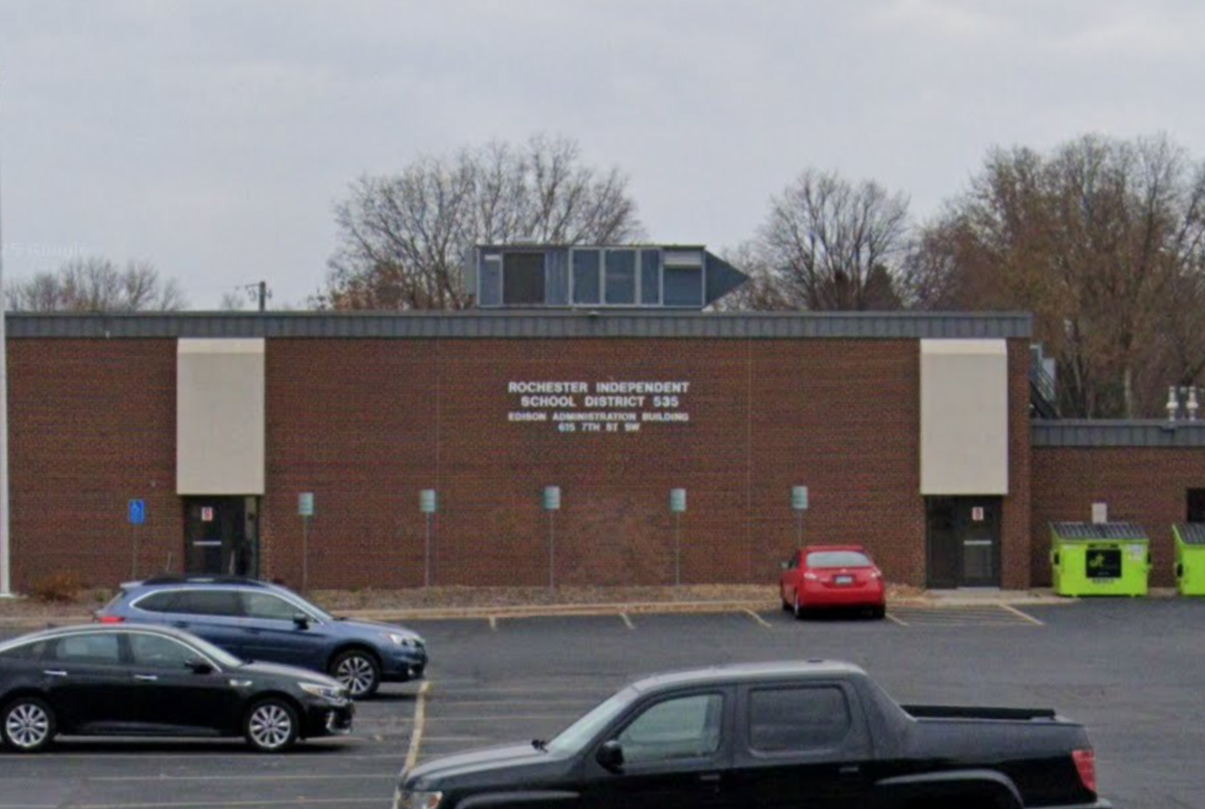California Health Care Expansion on Hold for Undocumented Immigrants: Newsom's Budget Proposal Sparks Debate

California's commitment to providing healthcare to its residents is facing a potential shift. Governor Gavin Newsom has proposed a pause on expanding Medi-Cal, the state's Medicaid program, to include more low-income immigrants without legal status. The proposed change, detailed in his latest budget proposal, would effectively halt further enrollment starting in 2026.
The Context: A Growing Program and Budgetary Concerns
California has been a leader in providing healthcare access to undocumented immigrants, a progressive policy that has expanded significantly in recent years. Currently, the state provides full Medi-Cal benefits to those who meet income requirements, regardless of immigration status, in several counties. The expansion has been lauded by advocates as a crucial step in ensuring equitable access to healthcare and improving public health outcomes. However, the program's growing costs have become a point of concern amidst broader economic challenges.
Newsom's proposal comes as California grapples with a significant budget deficit. The state's projected shortfall has prompted difficult decisions across various sectors, and healthcare is not exempt. The governor's office argues that pausing the expansion is a necessary measure to address the fiscal realities facing the state.
What Does the Proposal Mean?
The proposed pause would not affect those already enrolled in Medi-Cal. It would only impact the enrollment of new, eligible low-income immigrants without legal status after 2026. This means that individuals who currently qualify for the program would continue to receive benefits, but the program would not grow beyond its current reach.
Reactions and Debate
The proposal has elicited strong reactions from both supporters and opponents of the expansion. Advocates for immigrant rights have voiced concerns that the pause would disproportionately impact vulnerable populations and undermine the state's commitment to health equity. They argue that denying healthcare access can lead to poorer health outcomes and increased healthcare costs in the long run as preventable conditions become more severe.
“This is a deeply disappointing proposal that will harm our most vulnerable residents,” stated a representative from the California Immigrant Policy Center. “Healthcare is a human right, and everyone deserves access to it, regardless of their immigration status.”
On the other hand, some fiscal conservatives have welcomed the proposal as a responsible step towards addressing the state's budget deficit. They argue that the expansion has placed an unsustainable burden on the state’s resources and that a pause is necessary to ensure the long-term financial stability of Medi-Cal.
Looking Ahead
The proposal is still subject to legislative approval, and the final outcome remains uncertain. The California State Legislature will be debating the budget in the coming months, and lawmakers will likely consider various alternatives and amendments. The debate over the expansion of healthcare to low-income immigrants is likely to continue, highlighting the complex challenges of balancing social responsibility with fiscal constraints.
The governor’s office has indicated a willingness to engage in discussions with lawmakers and stakeholders to find a solution that addresses both the budgetary concerns and the needs of vulnerable populations. The future of Medi-Cal expansion in California hangs in the balance.






